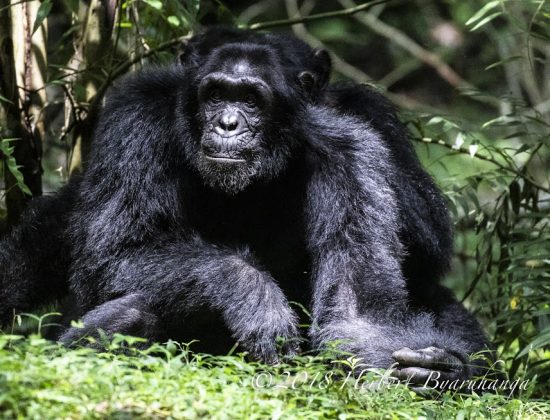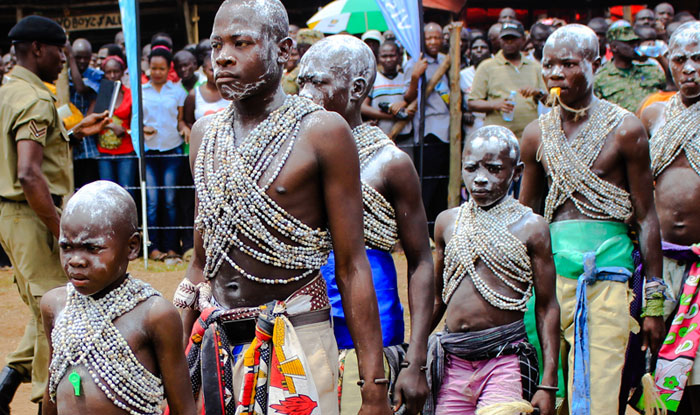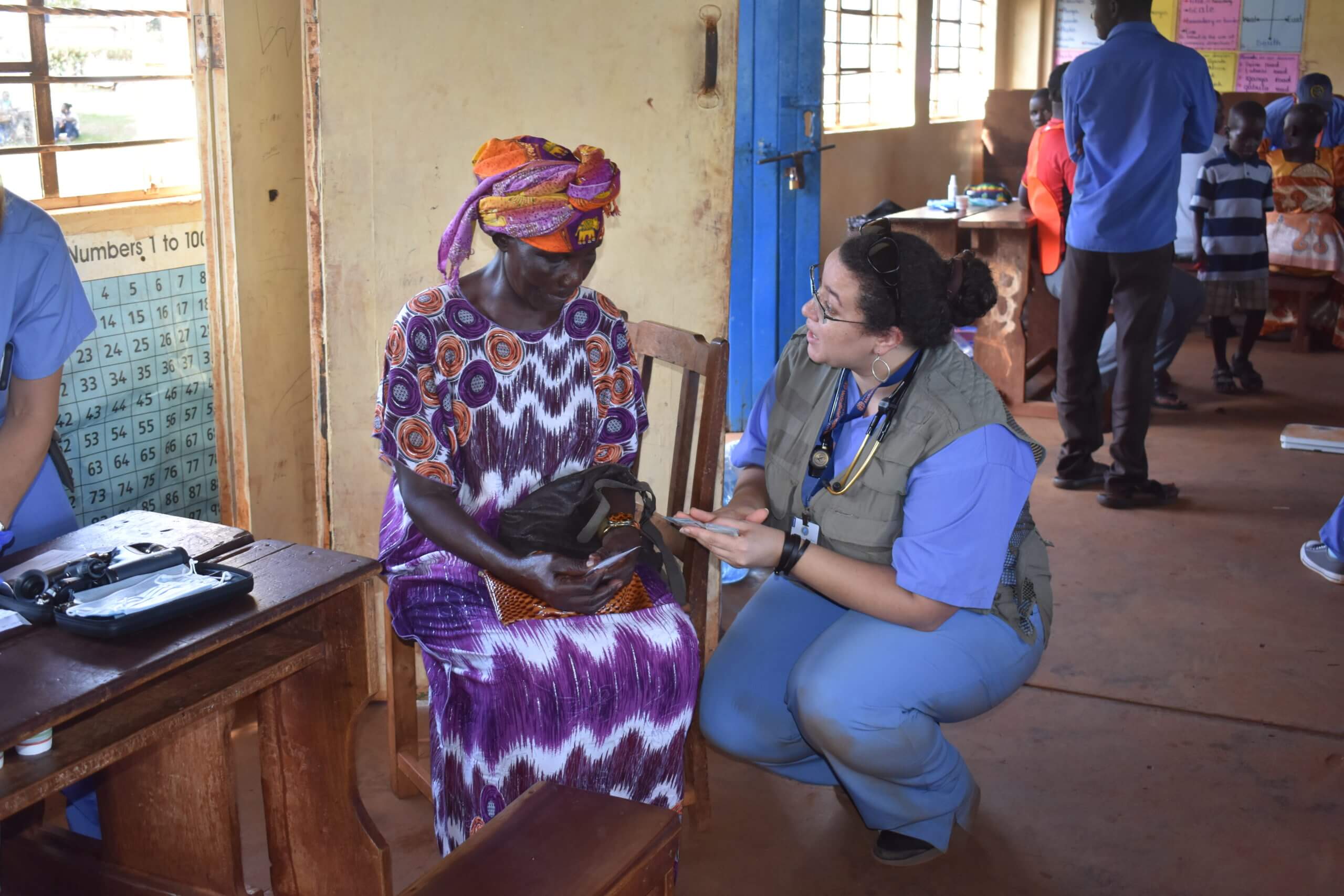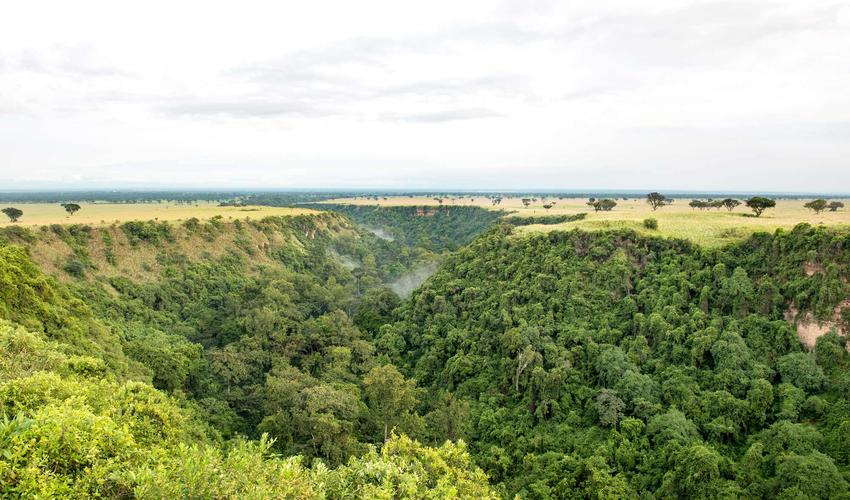Gorilla Habituation is an exercise by experts from Uganda wildlife Authority (UWA) principally to make the Giant Primate accustomed and familiar with humans. The process is quite lengthy involving identifying and keenly studying the gorilla families under consideration, the processes lasts an average of two (2) to three (3) years.
Though attractive and greatly similar to Humans in their genetic composition, Gorillas remain wild animals and like most wild animals, mountain gorillas are territorial and often fight to protect their territories and families whenever they feel threatened. In view of the above, safety of the tourists that visit Uganda on Gorilla trekking Safaris is of great importance making habituation of gorilla families is vital and necessary.
Experts make daily visits to the Gorilla family for the habituation period, spending long hours with them and taking a daily record of their activities throughout the habituation process. As you shall observe during your Tour to Mountain gorilla habitants in Uganda and Rwanda, mountain gorillas have names and these are given to them during the habituation process. There isn’t a standard criterion followed when naming mountain gorillas but the majority of Uganda’s gorillas are named basing on their appearance, behavior and history.
When the experts realize that the gorillas no longer evade them when they visit, and that the silver back (the male Gorilla that heads a family) is less violent to them, then the group can progress to a period of mock-testing to clearly ascertain that it is successfully habituated. If it passes the mock test, it can then be declared a habituated gorilla family and can be opened up to Gorilla trekking safari tourists.
The importance of habituation is that when tourists visit, the gorillas will not hide away and tourists can therefore enjoy an experience they expensively pay for. In addition, habituation makes gorillas less violent and hence ensuring safety of the tourists, though habituation is not guarantee that gorillas become harmless.
Habituation enables us to understand gorillas better hence making conservation efforts feasible, for example knowing how to treat gorillas’ sicknesses, treating gorilla injuries and many other things.





